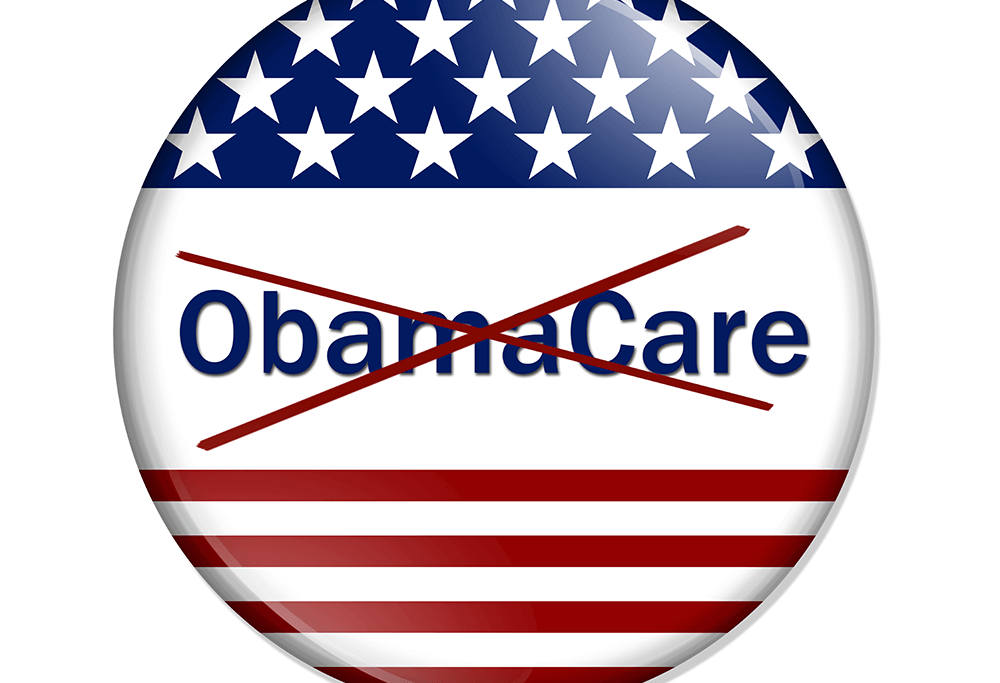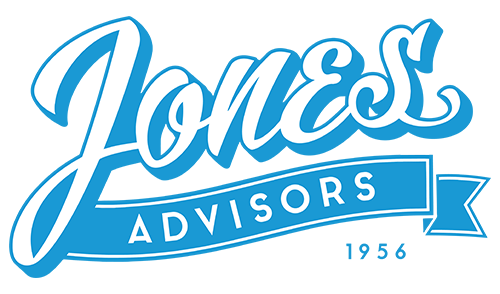
Individual Mandate Penalty
Beginning in 2019, the penalty for an individual or household not having health insurance coverage will be reduced from $695 per person or 2.5% of their household income to zero. While not technically a repeal (since a future Congress could reinstate the penalty), this will most directly impact individuals who choose to not purchase coverage through the Marketplace or from their employer.
Employer Mandate
Employers with 50 or more Full Time Equivalent employees are still required to offer a group health plan that includes affordable, minimum value coverage. The IRS is making a systematic effort to identify employers who may have been in violation in calendar year 2015. The penalty assessed to the employer can be very large.
The IRS recently released a draft of Letter 226J. This is the correspondence that will be sent to applicable large employers (ALEs) who had an employee that received a premium subsidy through a state-based exchange or the federal Health Insurance Marketplace. This letter’s primary purpose is to inform the employer about the penalty owed for the individual(s).
These employers would face two types of penalties, if at least one full-time employee received a premium tax credit on the public Marketplace:
- “No coverage” penalty for full year of $2,080 times number of full-time employees (minus 80 for 2015). The penalty is assessed on a monthly basis.
- “Unaffordable/not minimum value” penalty for full year of $3,120 for each full-time employee who received a tax credit for Marketplace coverage. The penalty is assessed on a monthly basis.
Employers that receive these penalty letters MUST respond promptly, generally within 30 days from the date of the letter (NOT date the letter is received). There is a form to use to reply which has not yet been released by the IRS.
Employers can disagree with and contest the penalty, but you will need to provide documentation to support your appeal. This may include payroll records, documentation on how your offers of coverage were made, measurement and stability periods used, etc. This is a great example of how our waiver form is designed to protect the employer.
IRS Reporting
Certain employers are still required to provide information to their employees and to file reports about their health insurance plan to the IRS. Applicable large employers now have until March 2, 2018, to provide Forms 1095-B or 1095-C to individuals, which is a 30-day extension from the original due date of Jan. 31. Read More

